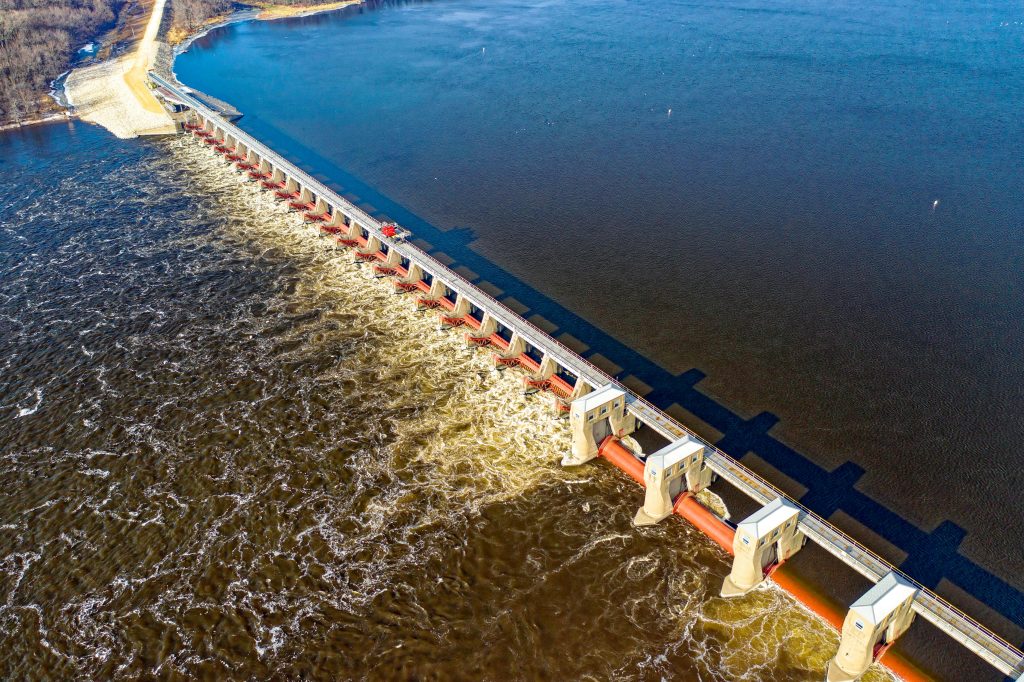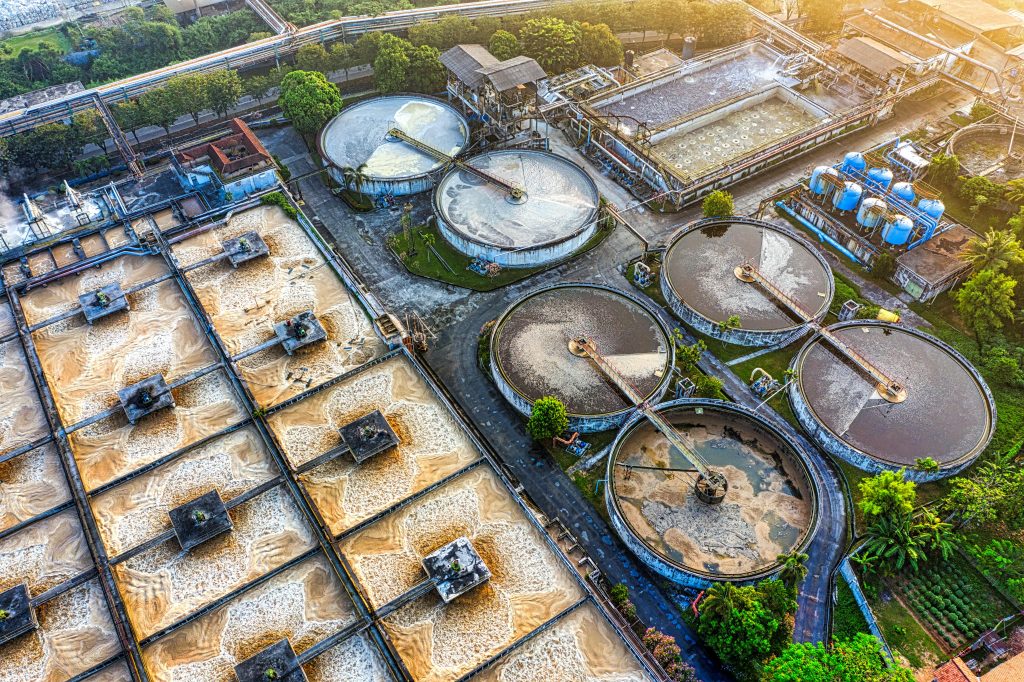Urban water management is a critical issue as cities around the world grapple with growing populations, aging infrastructure, and the impacts of climate change. Efficiently managing urban water networks is essential to ensure a reliable supply of clean water, prevent water wastage, and protect public health. However, this task comes with significant challenges, from leaky pipelines to pollution and resource scarcity. This article explores the key challenges in urban water management and highlights sustainable solutions that can help cities build resilient and efficient water systems for the future.
The Growing Challenges of Urban Water Management
Urban areas are hubs of economic activity and population growth, but they also face immense pressure on their water resources. The following are some of the most pressing challenges in managing urban water networks:
- Aging Infrastructure
Many cities rely on outdated water infrastructure that is prone to leaks, breaks, and inefficiencies. Aging pipelines and treatment facilities not only lead to water loss but also increase maintenance costs and the risk of contamination. - Water Scarcity
Rapid urbanization and climate change are exacerbating water scarcity in many regions. Cities are struggling to meet the growing demand for water while ensuring sustainable use of limited resources. - Pollution and Contamination
Urban water networks are often contaminated by industrial discharge, agricultural runoff, and untreated sewage. This pollution poses serious risks to public health and the environment. - Climate Change
Extreme weather events, such as floods and droughts, are becoming more frequent due to climate change. These events strain urban water systems, leading to disruptions in supply and increased vulnerability. - Population Growth
As urban populations grow, the demand for water increases, putting additional pressure on already strained water networks. Managing this demand while ensuring equitable access is a significant challenge.
Sustainable Solutions for Urban Water Management
To address these challenges, cities and industries are adopting innovative and sustainable solutions. Here are some key strategies:
Smart Water Networks
The integration of IoT (Internet of Things) and AI (Artificial Intelligence) technologies is transforming urban water management. Smart sensors and data analytics enable real-time monitoring of water networks, helping to detect leaks, optimize water distribution, and reduce waste.

Leak Detection and Pipeline Maintenance
Advanced leak detection technologies, such as acoustic sensors and satellite imaging, help identify and repair leaks in water pipelines. Regular maintenance and upgrades of aging infrastructure are also essential to prevent water loss and ensure reliable supply.
Water Recycling and Reuse
Recycling and reusing wastewater is a sustainable way to reduce demand for freshwater sources. Treated wastewater can be used for irrigation, industrial processes, and even replenishing groundwater reserves.

Rainwater Harvesting
Rainwater harvesting systems collect and store rainwater for later use, reducing reliance on traditional water sources. This practice is particularly effective in urban areas with limited water resources.
Green Infrastructure
Green infrastructure, such as permeable pavements, green roofs, and urban wetlands, helps manage stormwater runoff and reduce pollution. These solutions also enhance urban biodiversity and improve the quality of life for residents.
Public Awareness and Community Engagement
Educating the public about water conservation and sustainable practices is crucial for long-term success. Community programs and campaigns can encourage residents to reduce water usage and adopt eco-friendly habits.
The Role of Industries in Urban Water Management
Industries play a significant role in urban water management, both as major consumers and as innovators. By adopting water-efficient technologies and practices, industries can reduce their water footprint and contribute to sustainable urban water systems. Key initiatives include:
- Zero Liquid Discharge (ZLD): ZLD systems ensure that no wastewater is discharged from industrial plants, minimizing environmental impact.
- Water-Efficient Processes: Industries can optimize their operations to use less water, such as adopting closed-loop cooling systems and dry processing methods.
- Collaboration with Governments and NGOs: Industries can partner with governments and NGOs to develop and implement sustainable water management solutions.
The Future of Urban Water Management
The future of urban water management lies in the integration of technology, policy, and community engagement. Here are some trends to watch:
AI and Big Data for Water Optimization
AI and big data analytics will play a pivotal role in predicting water demand, identifying inefficiencies, and optimizing water distribution networks. These technologies will enable smarter decision-making and resource allocation.
Decentralized Water Systems
Decentralized water systems, such as small-scale treatment plants and community-based rainwater harvesting, will become more prevalent. These systems reduce the strain on centralized infrastructure and enhance resilience to climate change.
Policy and Regulation
Governments worldwide are implementing stricter regulations to promote sustainable water use. Policies such as water pricing, incentives for water-efficient technologies, and penalties for overuse will drive industries and communities to adopt sustainable practices.
Climate-Resilient Infrastructure
Investing in climate-resilient water infrastructure, such as flood-resistant treatment plants and drought-tolerant systems, will be essential to cope with the impacts of climate change.
Conclusion
Managing urban water networks is a complex but critical task that requires innovative solutions and collaborative efforts. By addressing challenges such as aging infrastructure, water scarcity, and pollution, cities can build resilient and sustainable water systems for the future. The integration of technology, sustainable practices, and community engagement will be key to ensuring a reliable and equitable water supply for all.
The future of urban water management is sustainable, and those who embrace these strategies will lead the way in building water-secure cities.
References
- “The Role of IoT in Urban Water Management” – IoT Analytics
- “Sustainable Water Management in Cities” – World Resources Institute
- “Advancements in Leak Detection Technologies” – ScienceDirect
- “Green Infrastructure for Urban Water Management” – Environmental Protection Agency
